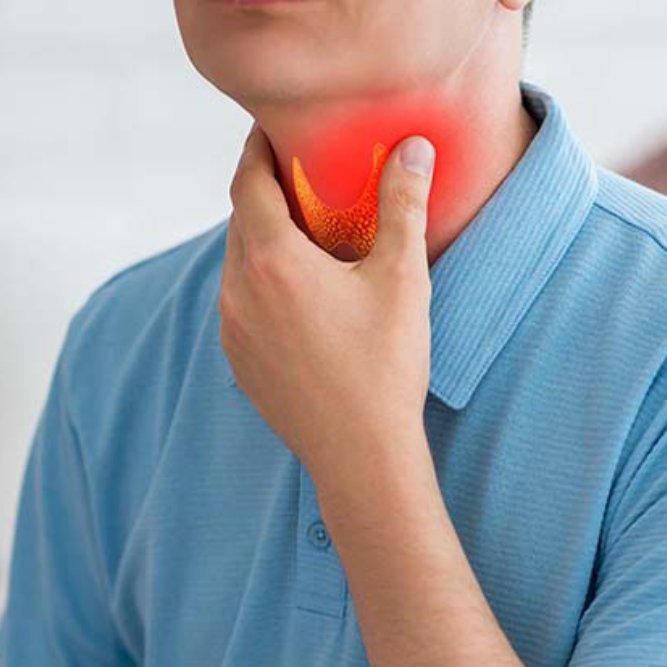Thyroid Disorders

what is Thyroid Disorders
Symptoms can vary widely depending on the condition, ranging from fatigue, weight changes, hair thinning, and depression to anxiety, rapid heartbeat, and heat intolerance. Thyroid issues can be diagnosed through blood tests, imaging, and sometimes biopsy, and treatment may involve medication, lifestyle changes, or surgery depending on the severity and type of disorder. Early detection and proper management are essential to maintain overall health and well-being.
Symptoms of Hypothyroidism (Underactive Thyroid)
Fatigue and weakness
Unexplained weight gain
Cold sensitivity
Dry skin and hair
Hair thinning or hair loss
Depression or low mood
Slow heart rate
Constipation
Memory problems or difficulty concentrating (“brain fog”)
Puffy face
Hoarseness
Menstrual irregularities
Swelling in the thyroid gland (goiter)
Types of Thyroid Disorders
Hypothyroidism (Underactive Thyroid)
The thyroid doesn’t produce enough hormones, slowing down body functions.
Common cause: Hashimoto’s thyroiditis (autoimmune disease).Hyperthyroidism (Overactive Thyroid)
The thyroid produces too much hormone, speeding up metabolism.
Common cause: Graves’ disease (autoimmune), thyroid nodules.Goiter
An abnormal enlargement of the thyroid gland, often due to iodine deficiency or hormonal imbalance.Thyroid Nodules
Lumps or abnormal growths in the thyroid gland. Most are benign but some can be cancerous.Thyroiditis
Inflammation of the thyroid, often caused by autoimmune diseases, infections, or after childbirth (postpartum thyroiditis).Thyroid Cancer
Malignant tumors in the thyroid gland. Usually detected as a lump or nodule, and confirmed by biopsy.
Treatment Procedures
Medication
Hypothyroidism: Levothyroxine (synthetic thyroid hormone).
Hyperthyroidism: Antithyroid drugs (like methimazole) and beta-blockers for symptom relief.
Radioactive Iodine Therapy — used to shrink or destroy overactive thyroid tissue (commonly for hyperthyroidism or nodules).
Surgery (Thyroidectomy) — partial or total removal of the thyroid, usually in cases of large goiters, cancer, or severe hyperthyroidism.
Hormone Replacement Therapy — after surgery or radioactive iodine, lifelong hormone pills are often needed.
Diagnosis Procedures
Blood Tests — to check levels of TSH, T3, and T4 hormones.
Ultrasound — to visualize the structure of the thyroid gland and detect nodules or enlargement.
Thyroid Scan & Uptake Test — uses a small amount of radioactive iodine to assess thyroid function and detect abnormalities.
Fine-Needle Aspiration Biopsy — a sample is taken from a thyroid nodule to check for cancer or infection.
Physical Examination — the doctor checks for swelling, nodules, or tenderness.
